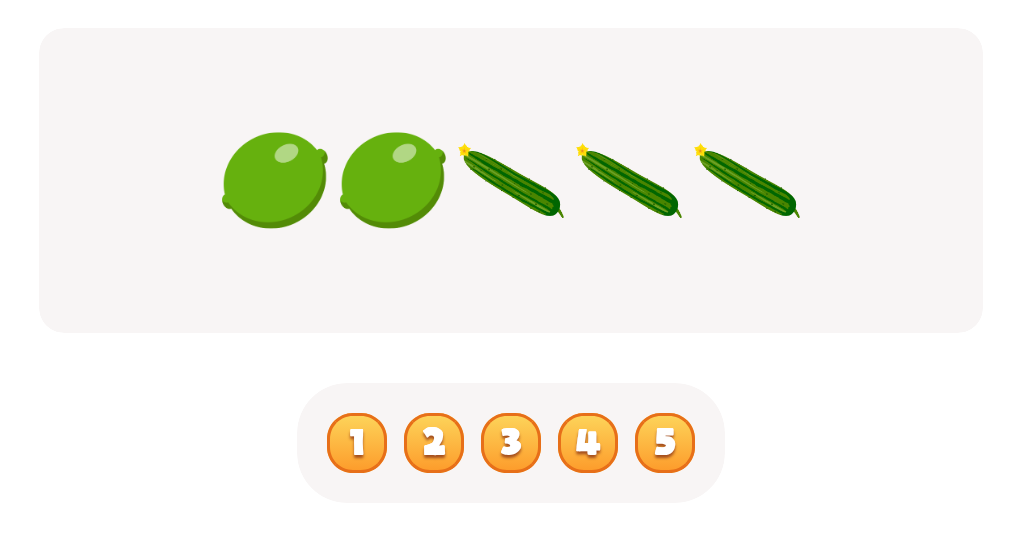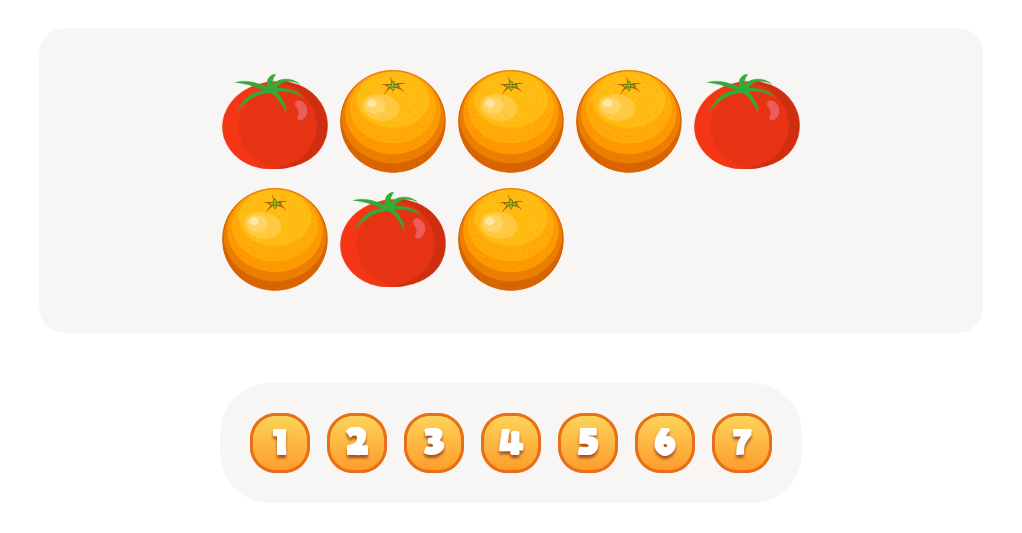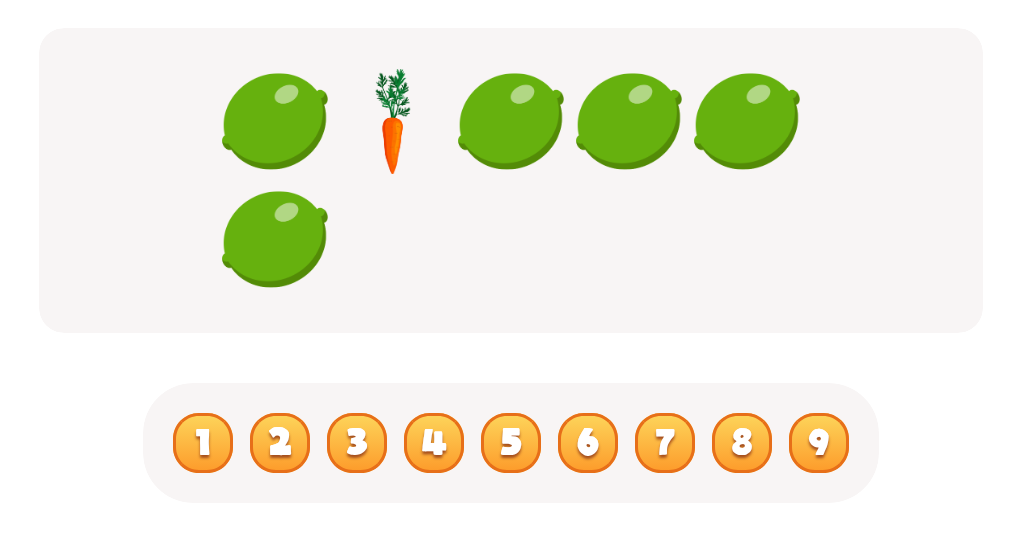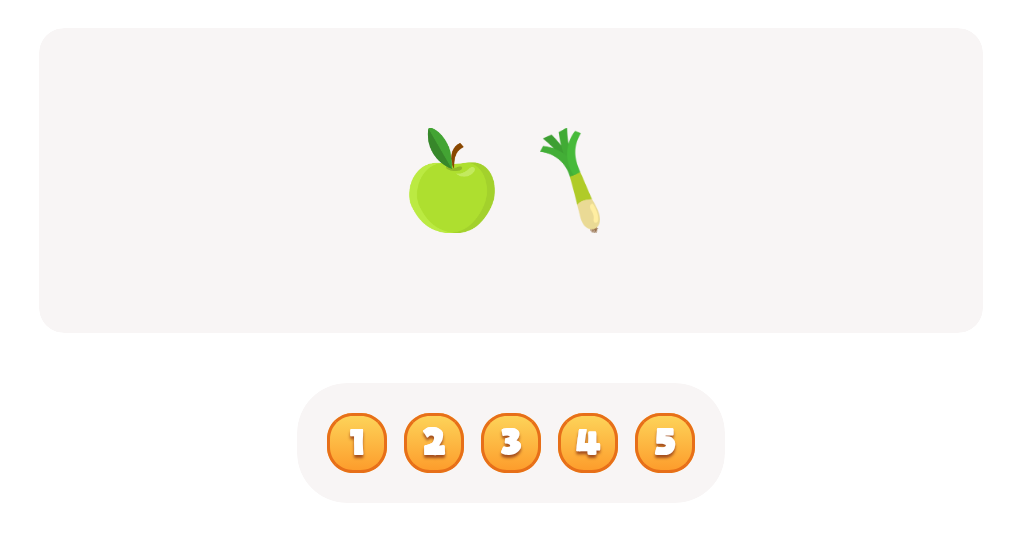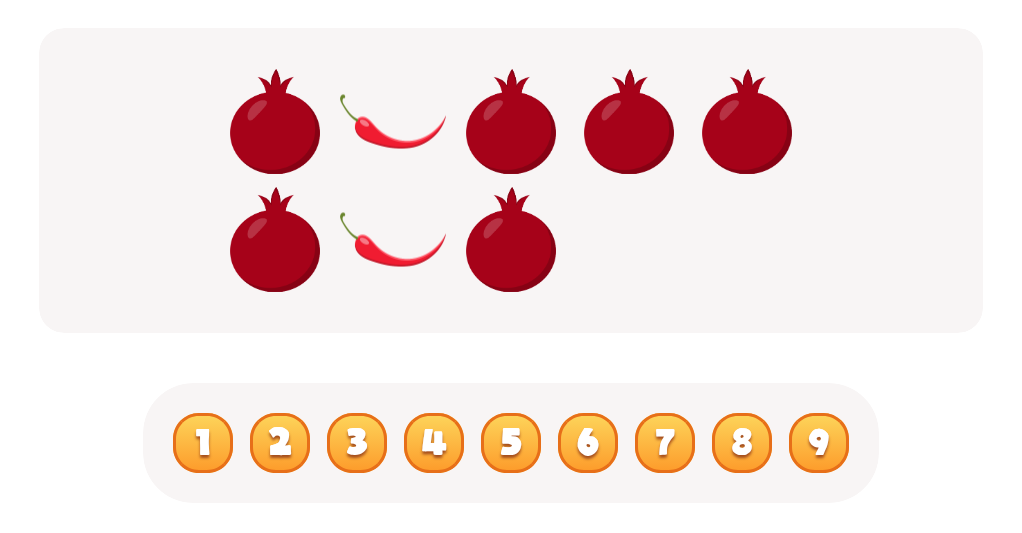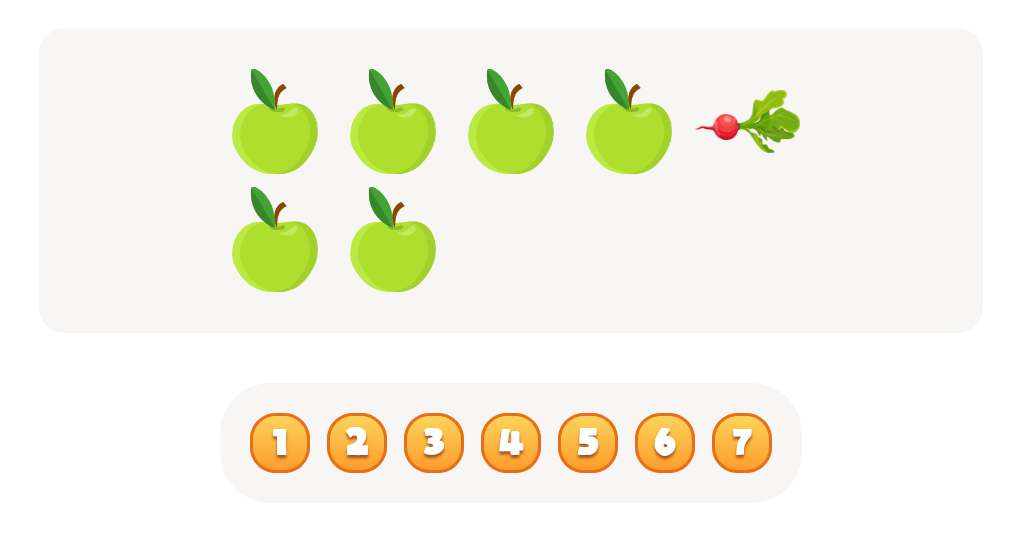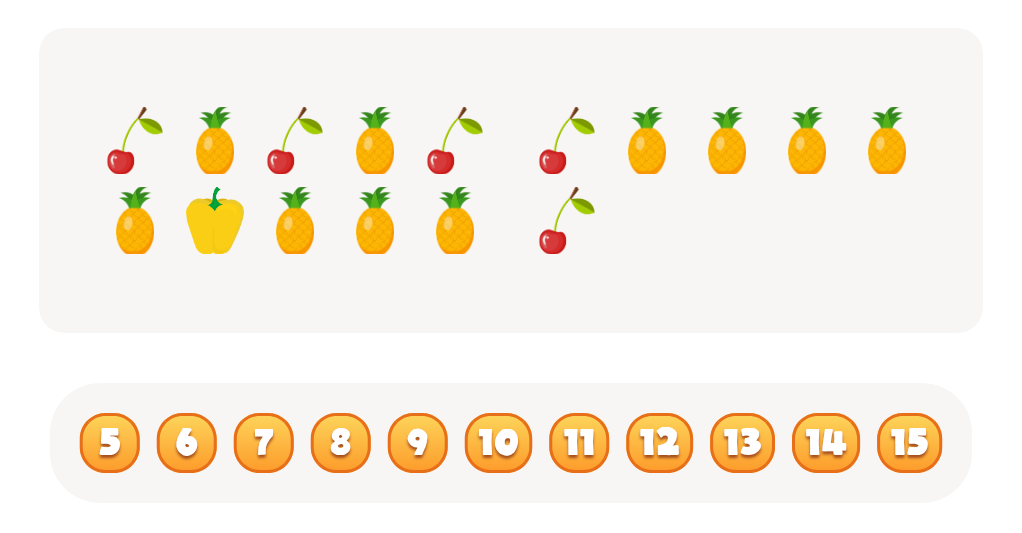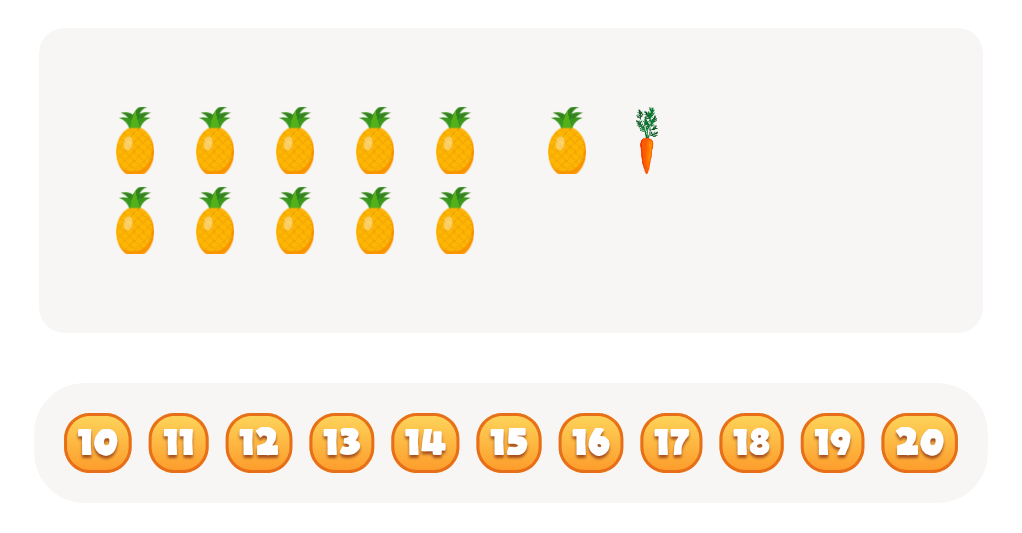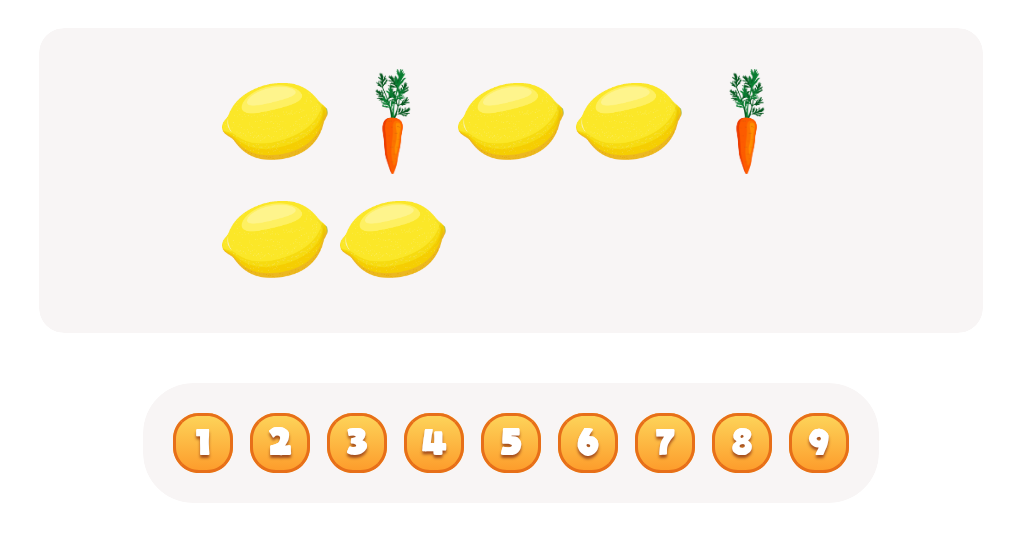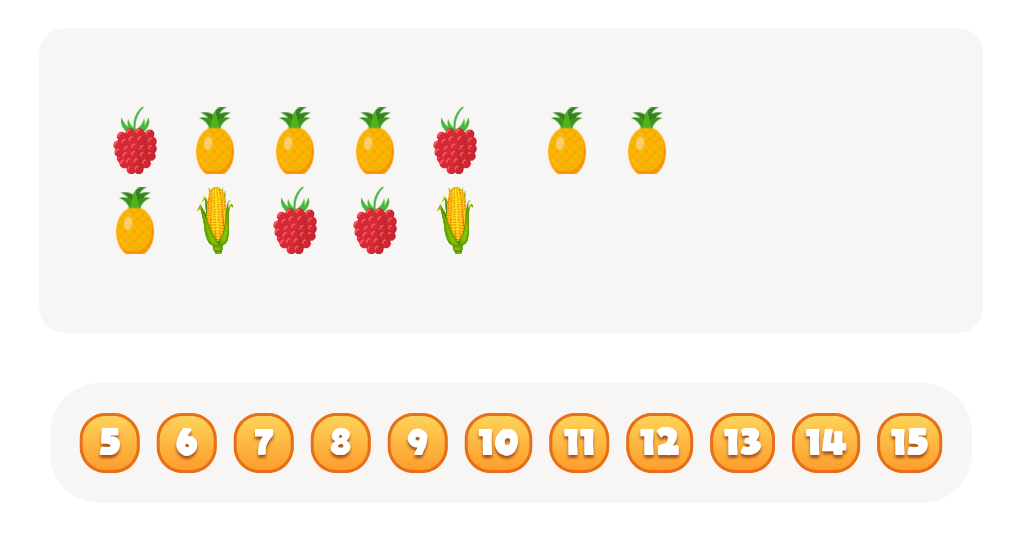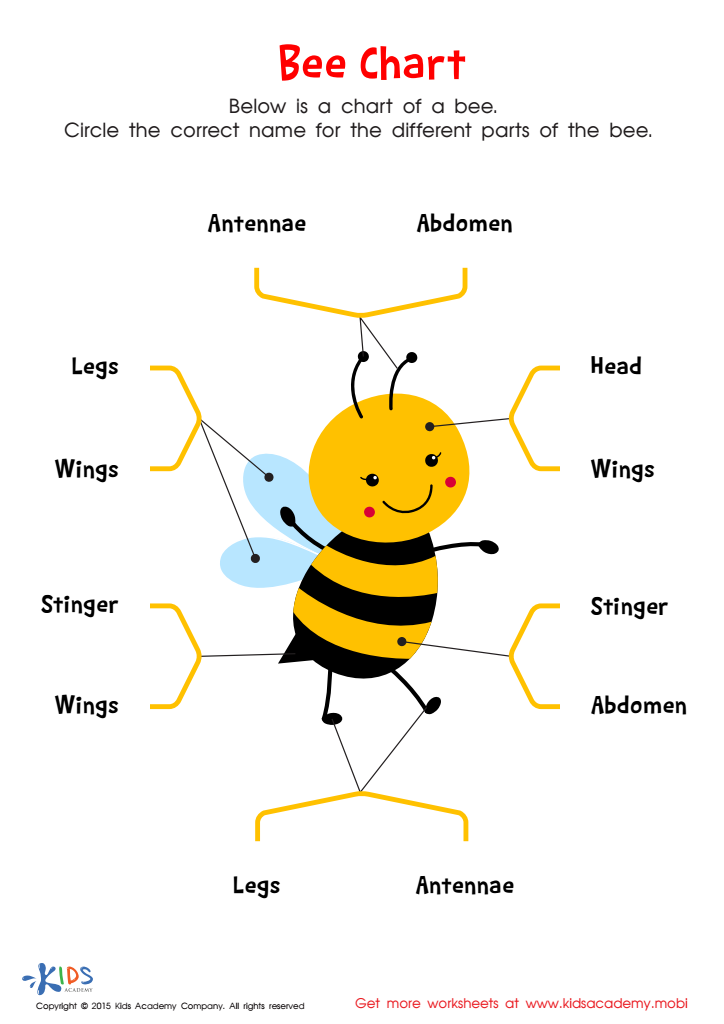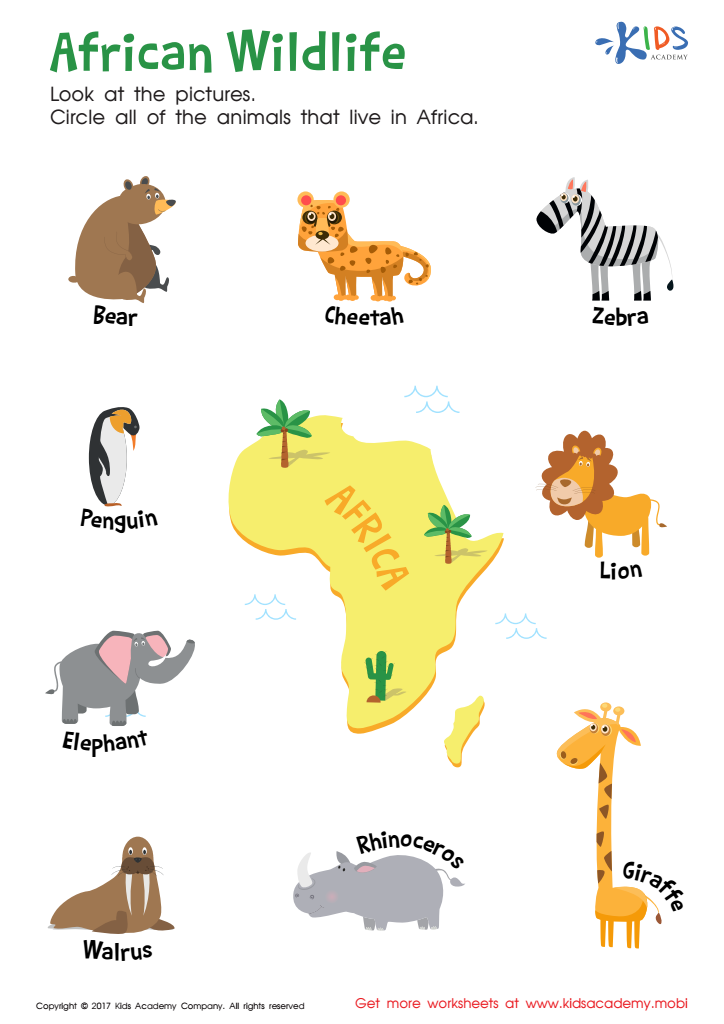Vocabulary enhancement Plants and Animals Worksheets for Ages 5-8
18 filtered results
-
From - To
Enhance your child's vocabulary with our engaging Plants and Animals Worksheets designed for ages 5-8! These interactive worksheets introduce young learners to essential terms related to the natural world, fostering both language development and an appreciation for ecosystems. Packed with colorful illustrations and fun activities, children will explore diverse vocabulary through matching exercises, fill-in-the-blanks, and creative drawing prompts. Perfect for homeschooling or classroom use, our resources help students build confidence in their language skills while learning about fascinating plants and animals. Encourage curiosity and a love for nature with our vocabulary enhancement worksheets today! Visit our site for a world of learning fun!
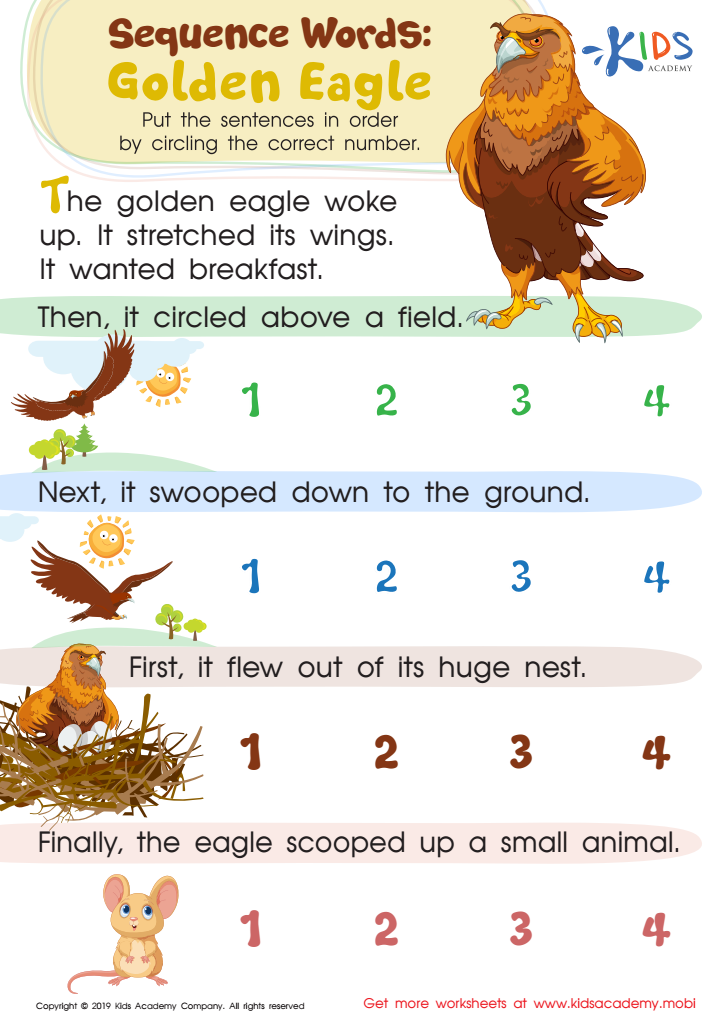

Sequence Word Eagle Worksheet
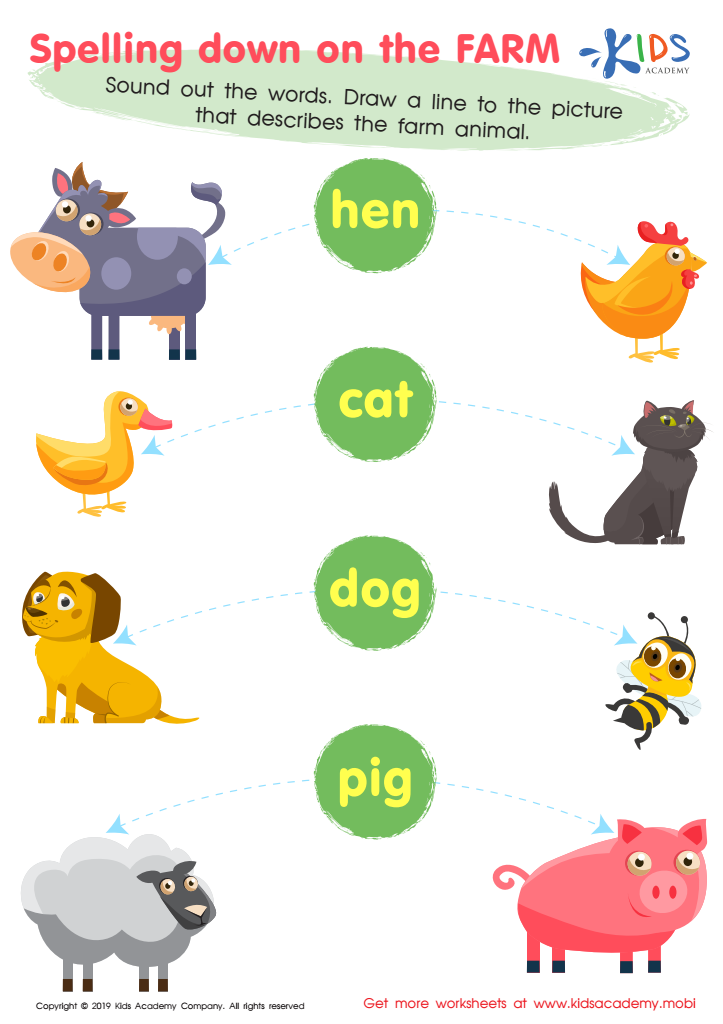

Spelling Down on the Farm Worksheet
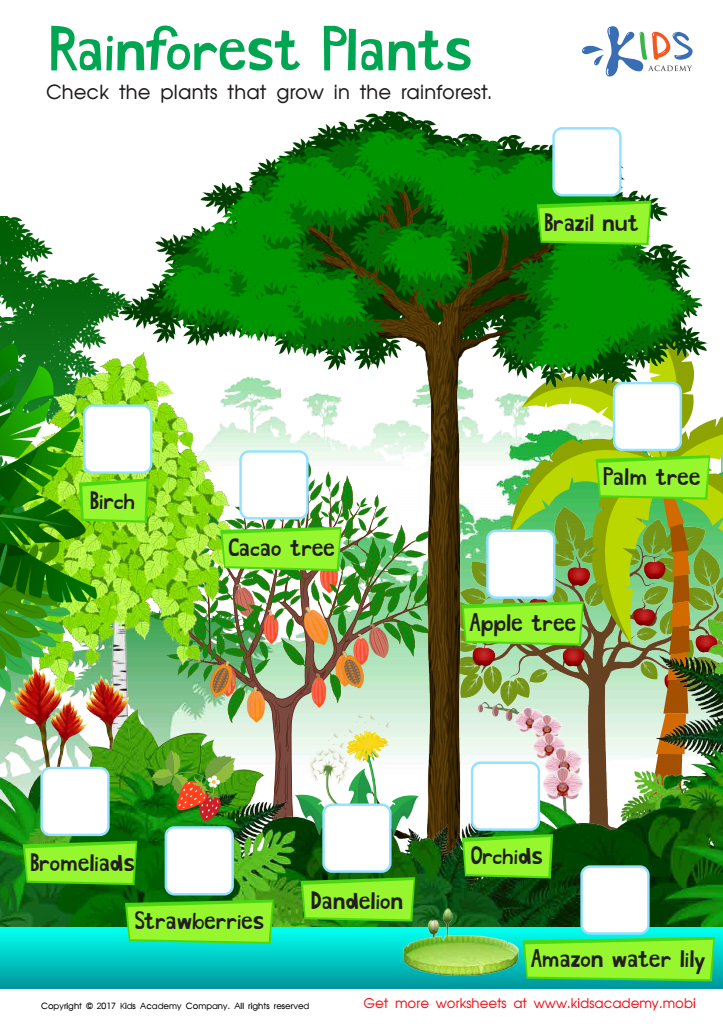

Rainforest Plants Worksheet
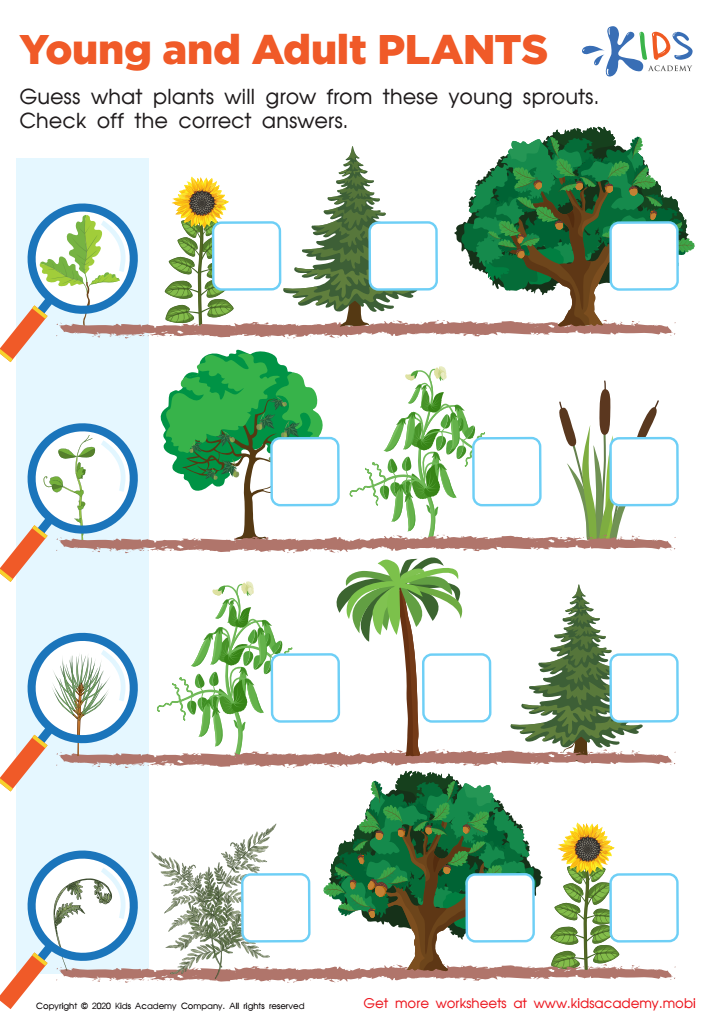

Young and Adult Plants Worksheet
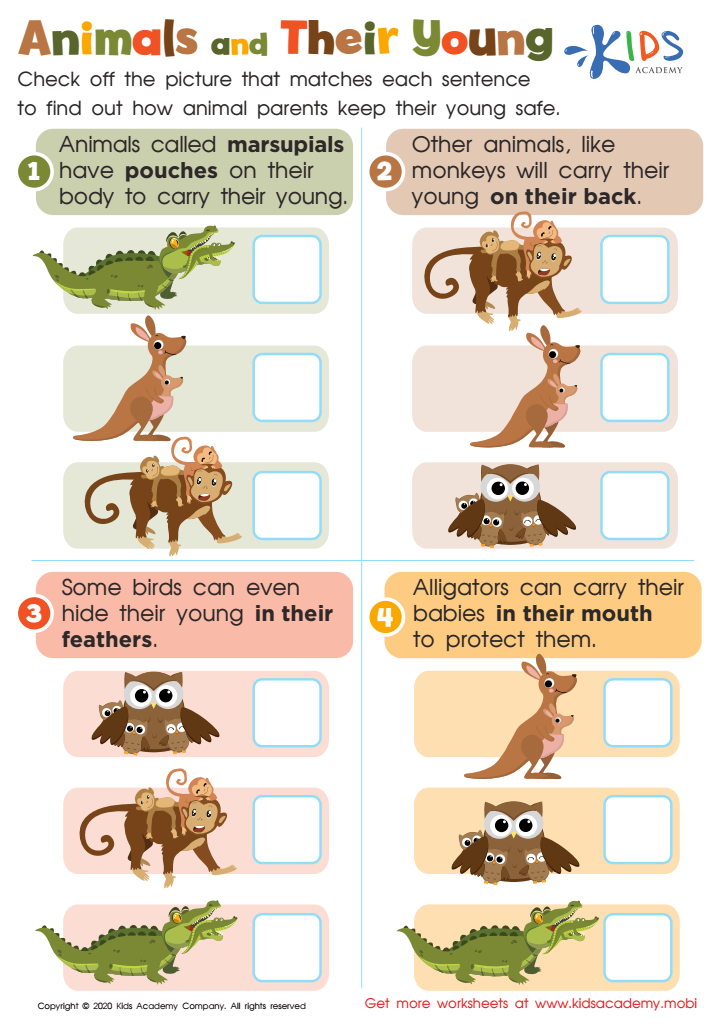

Animals and Their Young Worksheet
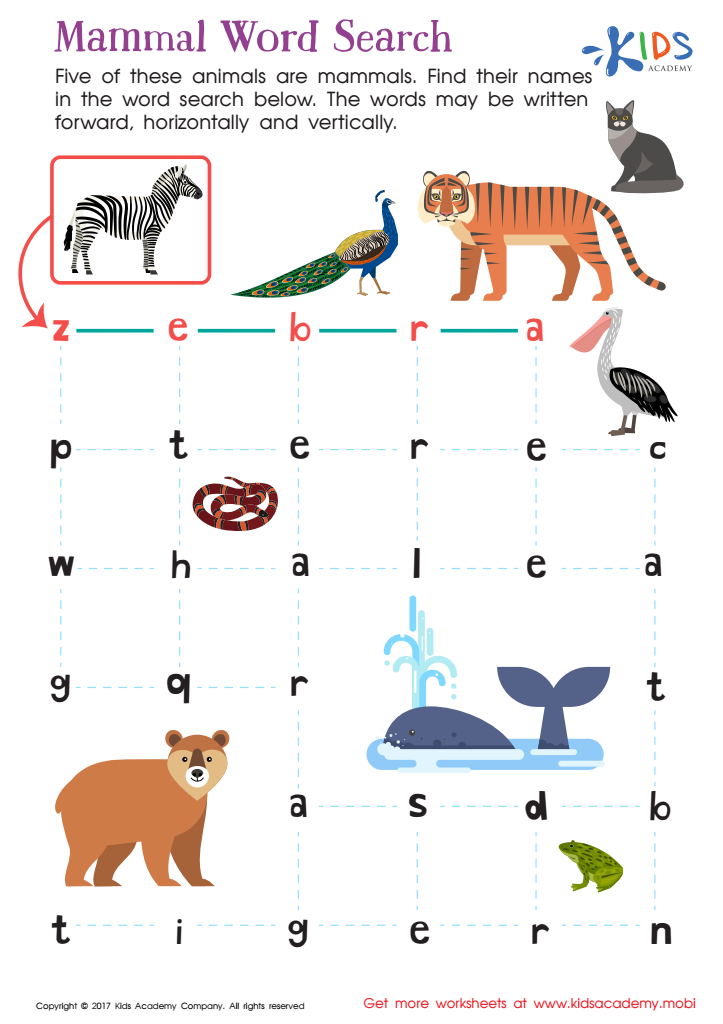

Printable Mammal Word Search
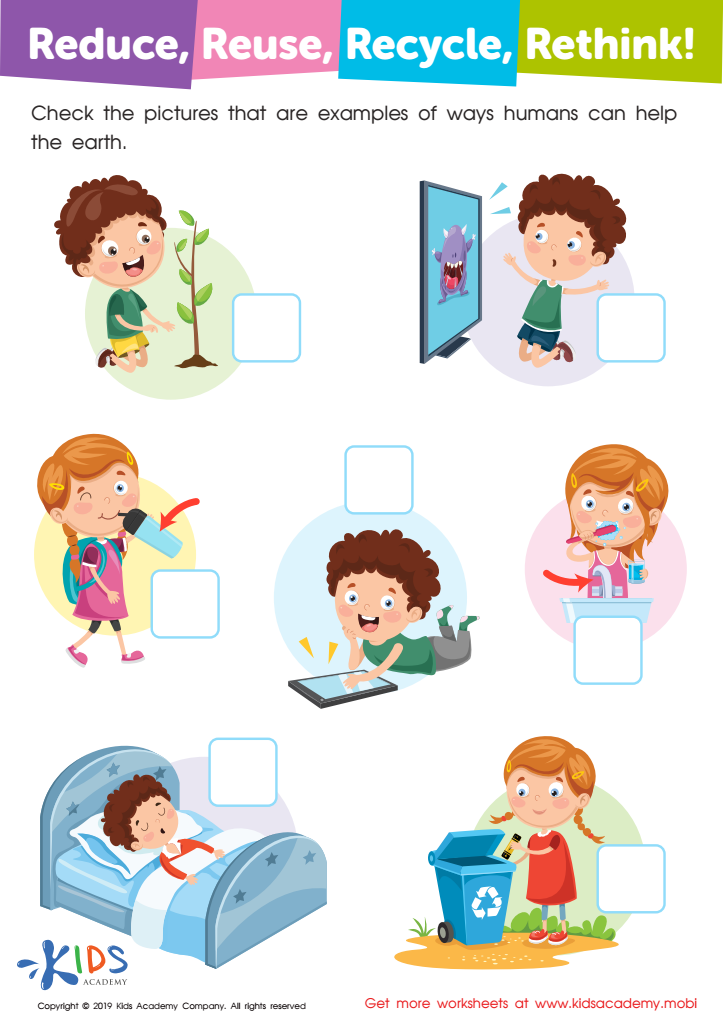

Reduce, Reuse, Recycle, Rethink Worksheet
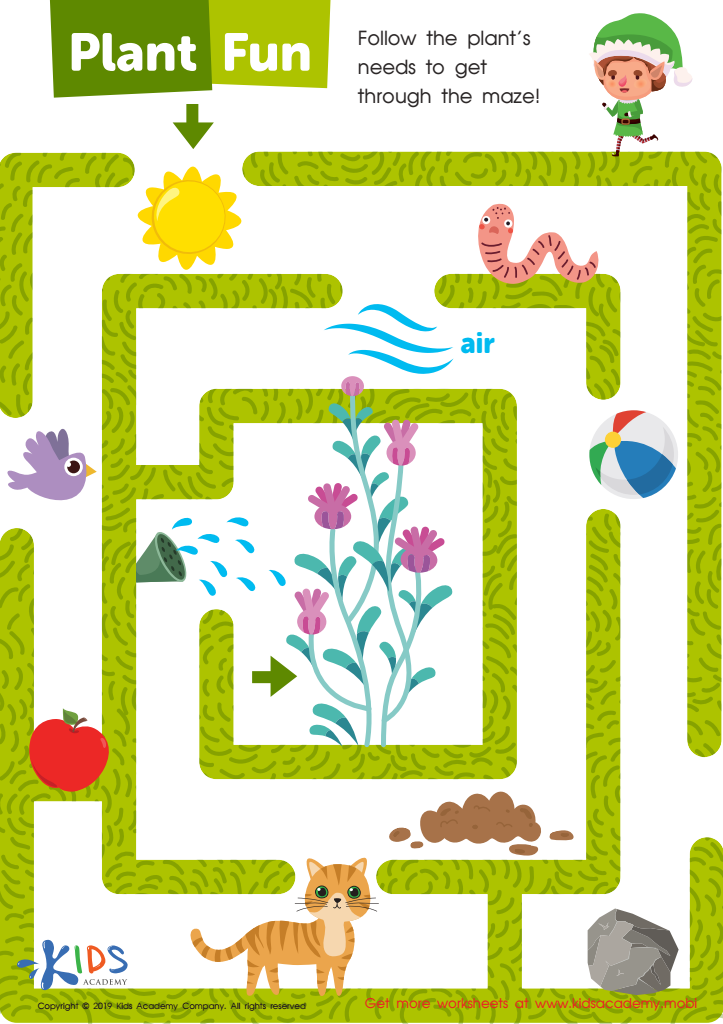

Plant Fun Worksheet
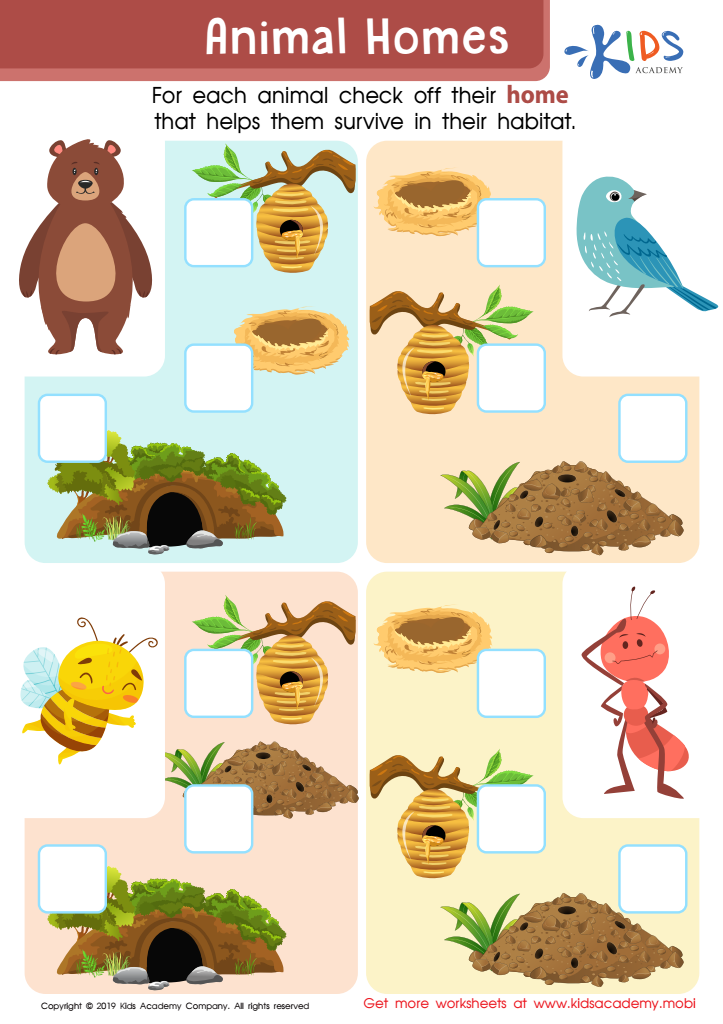

Animal Homes Worksheet
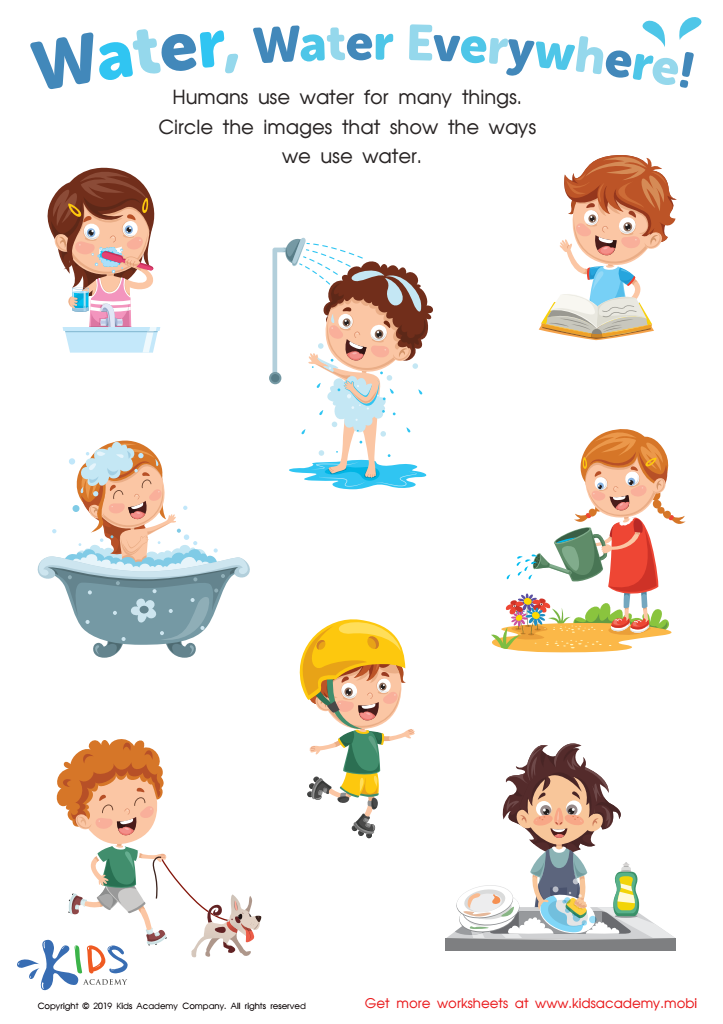

Water, Water Everywhere! Worksheet
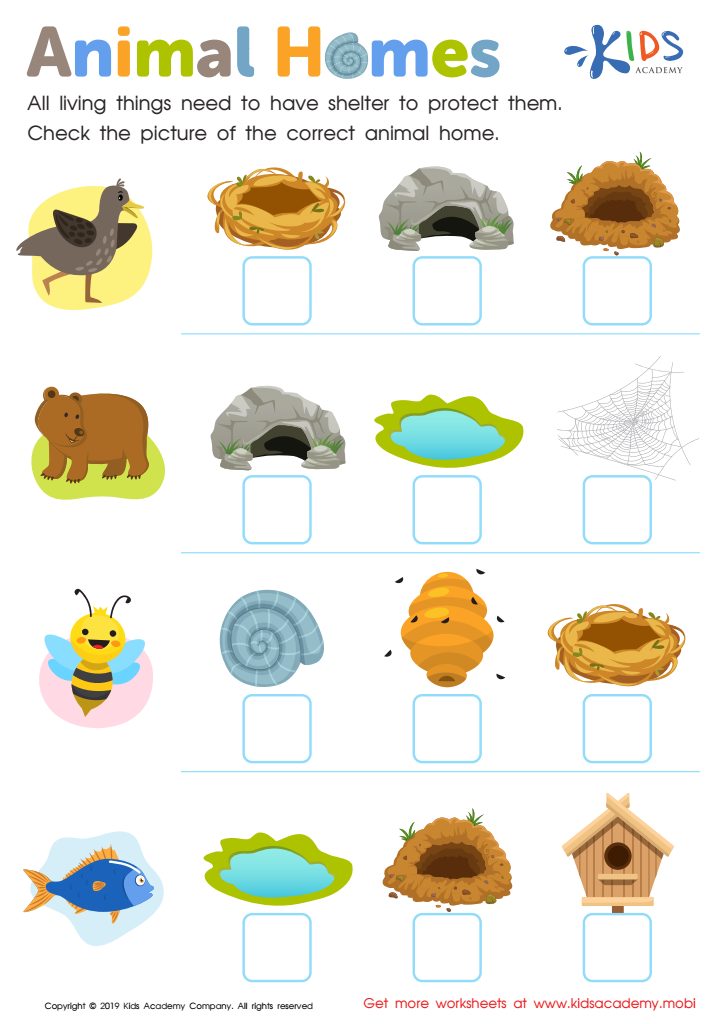

Animal Homes Worksheet
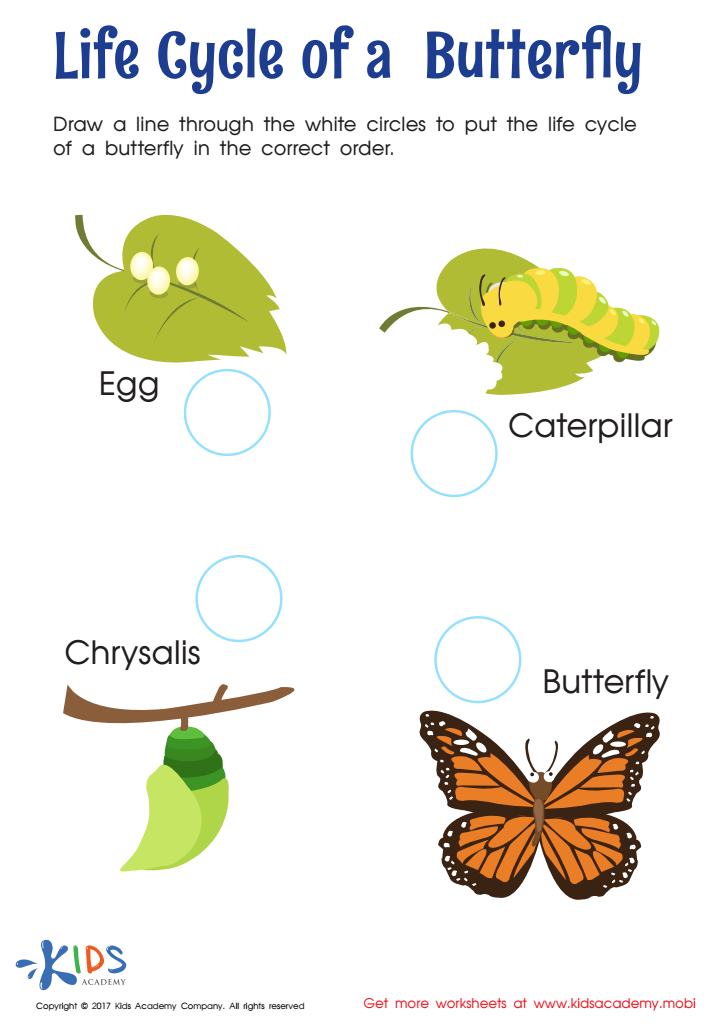

Life Cycle of Butterfly Worksheet
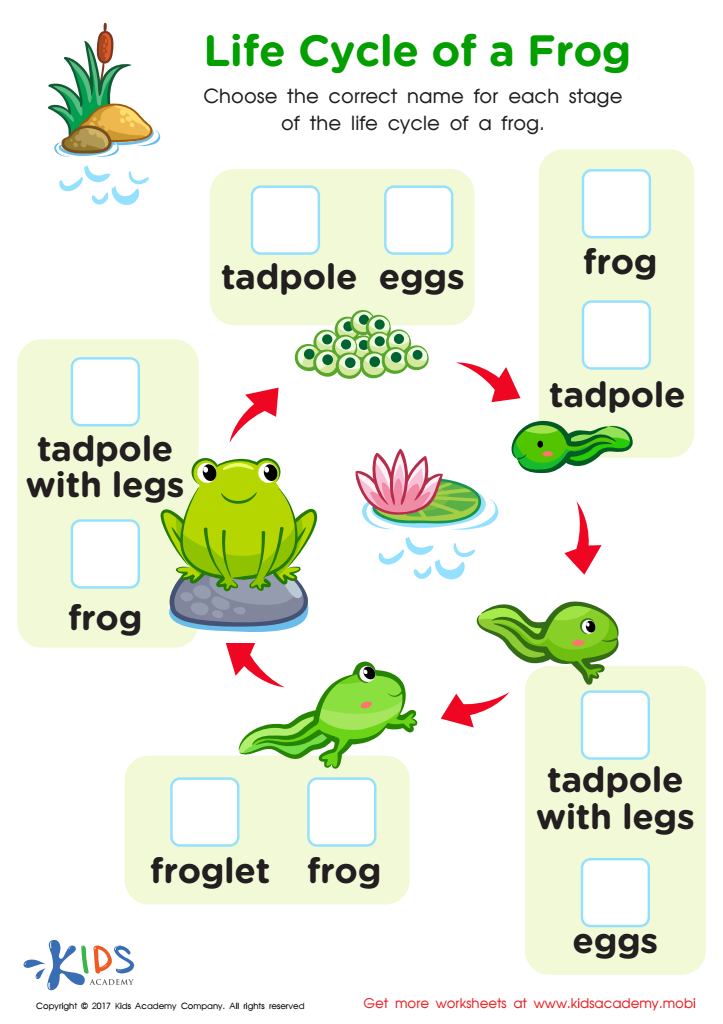

Life Cycle Frog Printable
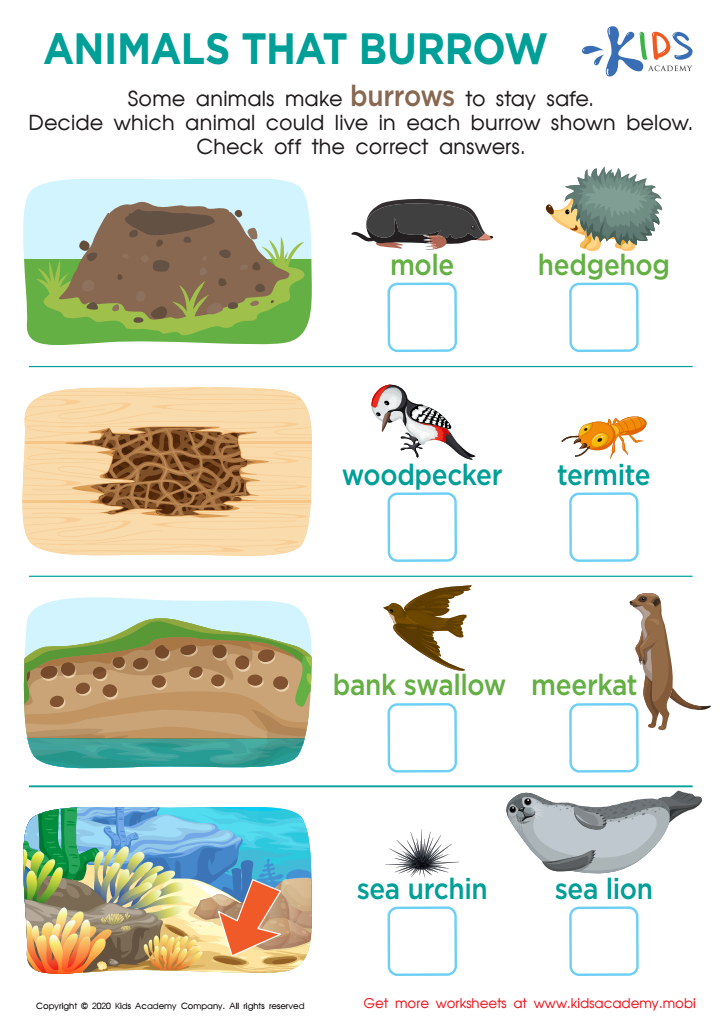

Animals That Burrow Worksheet
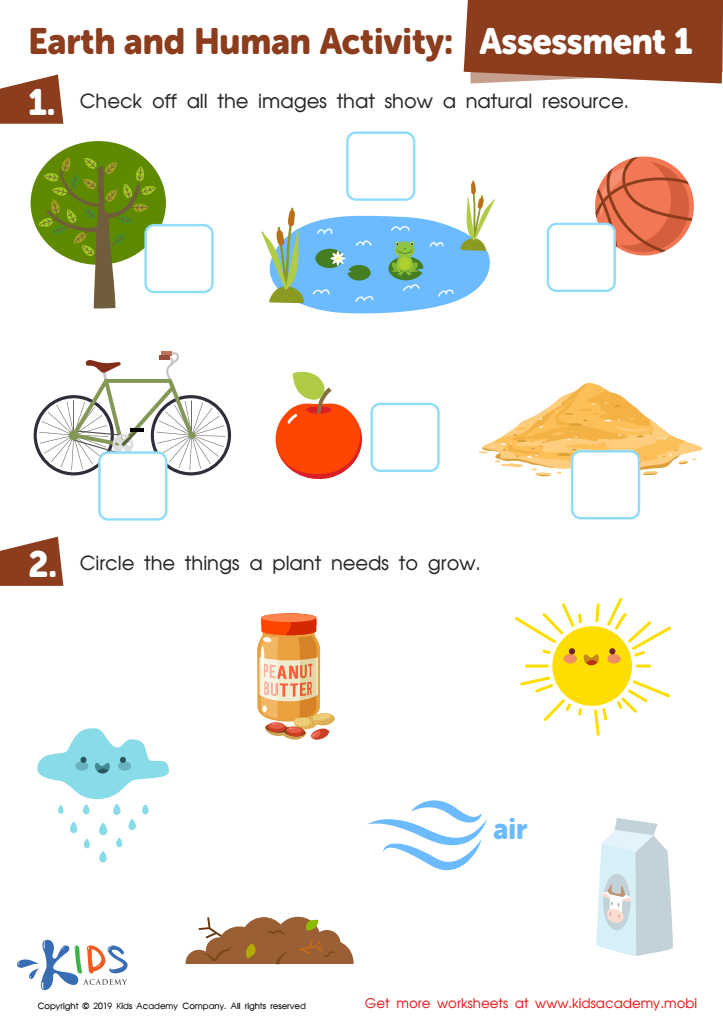

Earth and Human Activity: Assessment 1 Worksheet
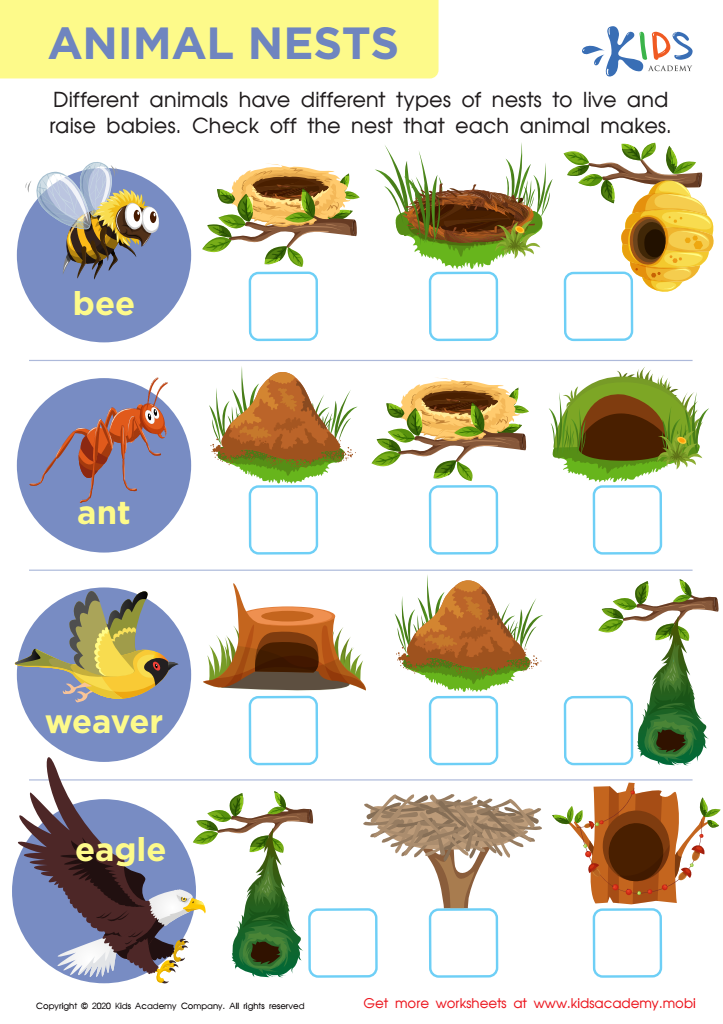

Animal Nests Worksheet
Vocabulary enhancement in the context of plants and animals is crucial for children aged 5-8, as it forms a foundational aspect of their overall language development and cognitive growth. During these formative years, children are naturally curious about the world around them. By immersing them in rich vocabulary related to plants and animals, educators and parents cultivate a more intricate understanding of their environment.
Expanding vocabulary in this domain enhances comprehension and communication skills. When children can articulate their thoughts about various species, ecosystems, and their interdependencies, they develop critical thinking and observation skills. Moreover, such vocabulary links closely to science education, fostering early interest and engagement in subjects like biology and ecology.
Additionally, discussions around plants and animals can spark emotional connections and empathy, as children learn about living beings and their habitats. This knowledge can also promote responsibilities toward nature, nurturing environmentally conscious citizens.
Incorporating vocabulary exercises through storytelling, hands-on activities, and visual aids makes learning enjoyable and effective. Ultimately, prioritizing vocabulary enhancement not only strengthens language skills but also enriches children's overall educational experience, promoting lifelong learning and curiosity about the natural world.

 Assign to My Students
Assign to My Students
